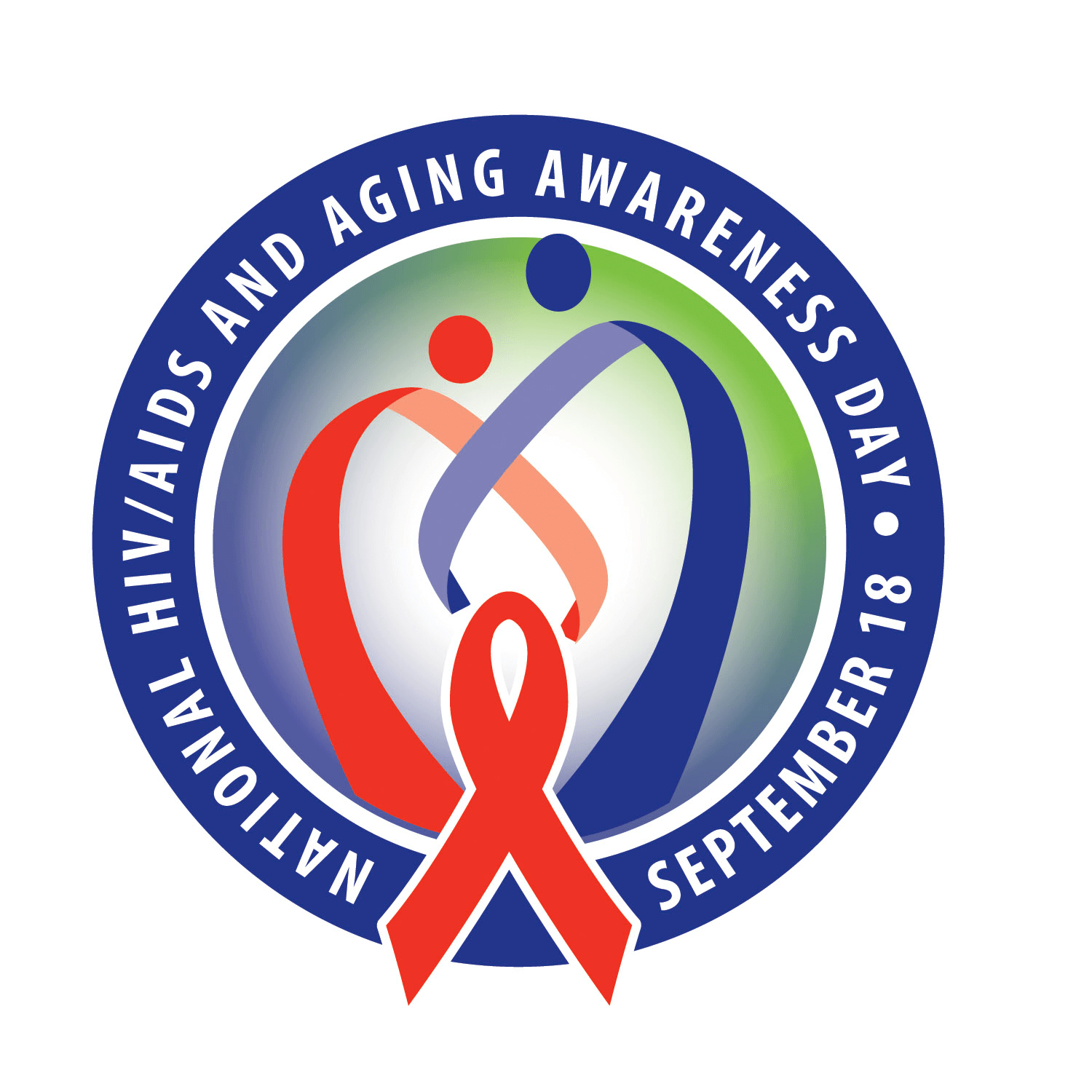This National HIV/AIDS and Aging Awareness Day and the Administration for Community Living (ACL)
Topics

The Administration for Community Living (ACL), as part of the Department of Health and Human Services, works with states, tribes, and an extensive network of advocates and service providers to help older adults and people of all ages with disabilities live independently and participate fully in their communities. This month, HIV.gov spoke with Andrea Callow, Program Analyst in the Office of Policy Analysis and Development and Brian Altman, Deputy Director for the Administration on Aging about ACL’s support of people with HIV who are aging, the COVID-19 pandemic’s effect on their work, and the importance of National HIV/AIDS and Aging Awareness Day (NHAAD).
ACL administers an array of Older Americans Act-funded programs, such as its chronic disease self-management education programs, through grant making to the aging network. The Positive Self-Management Program, developed at Stanford University, is offered to older adults with HIV in Maine through one ACL grantee, and there are other health and wellness programs that grantees have tailored and packaged for older adults living with HIV. Additionally, ACL’s Office of Healthcare Information and Counseling manages the State Health Insurance Assistance Program (SHIP). SHIP counsels Medicare-eligible individuals to assist them with making informed health insurance decisions, which is helpful to those who are receiving Ryan White HIV/AIDS Program services. Lastly, ACL’s resource centers support grantees’ work with targeted populations to provide services to historically underserved minority communities. In particular, the SAGE National Resource Center on LGBT Aging provides HIV and aging resources to ACL’s grantees and the communities they serve. Whether it be home modification, transportation to medical appointments, or caregiver and home delivery meal services, all of ACL’s programs “can be of benefit to people over 60 with HIV,” as noted by Andrea.
The COVID-19 pandemic has changed how essential services are offered to vulnerable populations, and ACL is no exception. Funding for meals usually provided in congregate settings were redirected to home delivery and grab-and-go services. Programming for chronic disease self-management education and falls prevention shifted to online class formats, which created an opportunity for innovation and expanded the classes’ reach to populations in rural areas and individuals with transportation access challenges. ACL also received additional funding regarding vaccine access for individuals who needed either transportation to vaccine sites, or the vaccine administered in their homes.
The approaching NHAAD on September 18 coincides with ACL’s recently released new state plan guidance, which includes direction for how states should plan for aging services. For the first time ever, the guidance specifies that when states are developing their plans that older adults with HIV be included in the planning processes for engagement, education, outreach, and data.
This NHAAD, we’re reminded that—according to the CDC in 2019—more than half (52%) of people in the United States and dependent areas with diagnosed HIV were age 50 and older. This sentiment was highlighted by Andrea as we concluded our talk: “the population of people aging with HIV is growing and will keep growing. As an agency that serves older adults in the greatest economic and social need, ACL cares about this population and their health, wellness, and healthy aging and helping them live, work, and play where they want to—throughout their lives.”